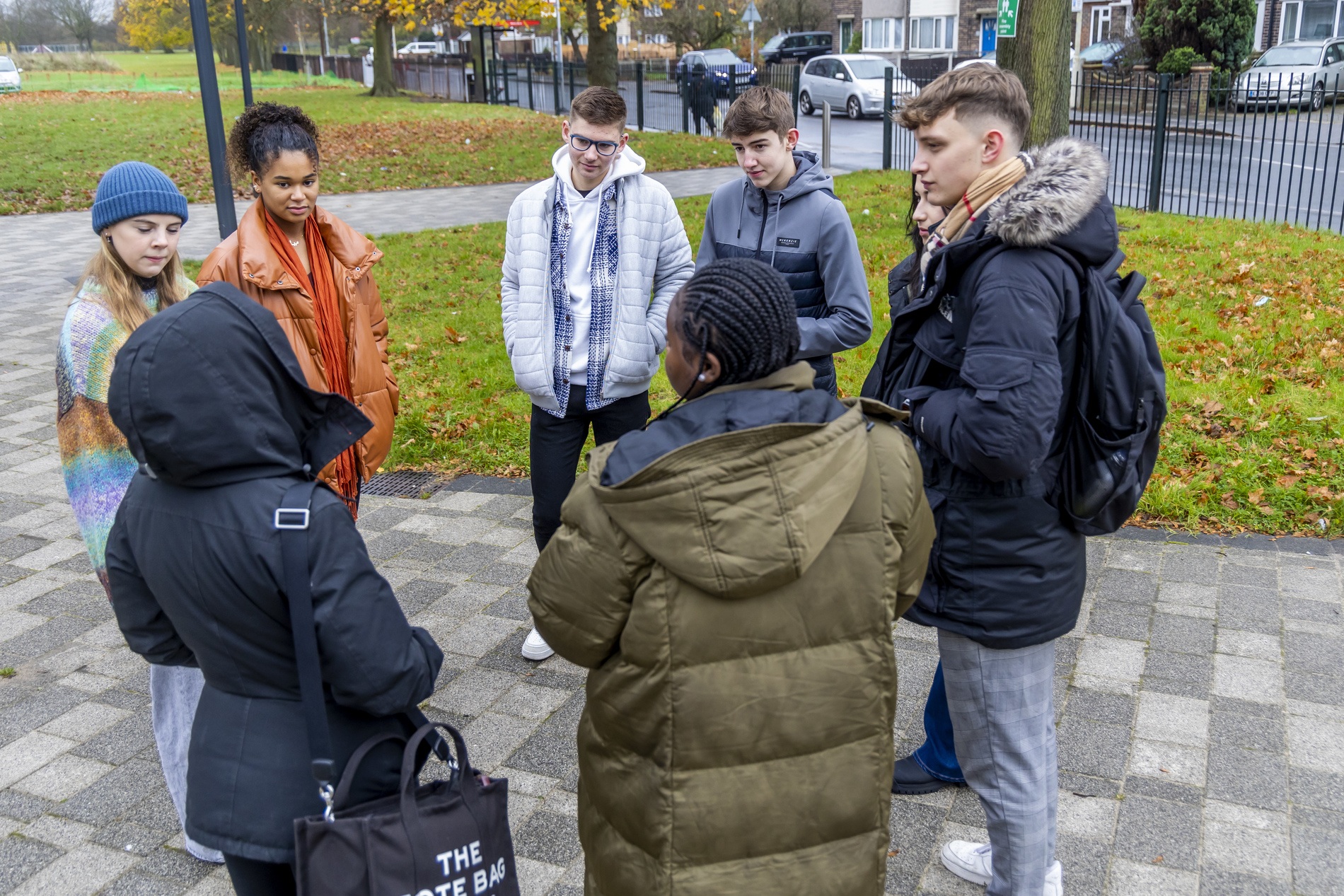What is a trade union?
Recently started work? You might have been told you can join a union, but what is a trade union? Trade unions negotiate pay and employment rights on behalf of workers. They also offer training, networking and other forms of professional support to their members, as well as giving legal support. Plus, they act as the voice of their members in political debates about problems in the workplace. So, is there anything they don’t do? Read on to find out.

What do trade unions in the UK do?
Trade unions were created on the basis that a group of employees has stronger negotiating power than an individual acting alone. They do loads, probably too much to list right now, but we’ll give it a go:
- Negotiating fair pay and collectively bargaining for better working conditions for their members. This includes protecting the health and safety of their members.
- Helping members if they come across any workplace issues. For example, queries relating to pay, rotas, discrimination, working conditions and unfair dismissal.
- Accompanying members and representing them at disciplinary hearings.
- Offering free legal advice (although not all do).
- Organising industrial action, such as walk outs or strikes, if they feel their members aren’t being treated fairly.
Am I allowed to join a trade union?
Joining a union is entirely up to you; no one should be pressuring you to go one way or another. In fact, in the United Kingdom it’s actually illegal for your boss to discriminate against you in any way for becoming a union member or taking part in union activities. Considering that there are over 6.6 million people that are members of Trade Unions as of 2021, we’d say that’s a good shout.
We should also mention that you don’t have to join the most popular union for your profession and you can be a member of as many unions as you like. But we should flag that all those memberships will be kept track of officially by the government’s Certification Officer, so make sure you’re happy with your choices.
What are the benefits of joining a trade union?
Time to bring out the old pros and cons list. Let’s start with the positives:
- Members tend to get better pay and conditions of employment, including better redundancy packages – both of which come in handy during crappy economic times like now.
- Lots of unions offer training and networking events.
- You can get reps to sit in on difficult meetings with your boss.
- If you’re into politics, unions are good places to hone your debating and campaigning skills. What’s more, you could even become a rep yourself.
What are the downsides of joining a trade union?
There’s good and bad in everything, and Trade Unions are no exception. Here are some of the negative bits:
- It costs money. More specifically, union membership typically takes about £10-20 a month out of your pay.
- You might think you’ve found a loophole and delay joining one until you run into trouble at work, but you haven’t. Unions won’t help you unless you’ve been a member for a while.
- You’ll be expected to strike and take industrial action when they do – even if you don’t agree with what they’re striking about or if they end up in news reports. And that time can’t come out of your paid leave.
- It’s worth bearing in mind that, even though you don’t become a Labour member by joining, trade unions and the Labour party in the UK are heavily affiliated (this is only an issue if you’re not a Labour supporter).
Find our more about trade unions in our article explaining what is a strike.
Which trade union should I join?
If you’re looking to join a trade union, the Trade Union Congress, or TUC, can help you find the right one. To find out more, visit the TUC website, or call 020 7636 4030.
Are you part of a trade union? Share your story with the community on our discussion boards.
Next Steps
- Chat about this subject on our Discussion Boards.
By Nishika Melwani
Updated on 30-Mar-2022
No featured article










